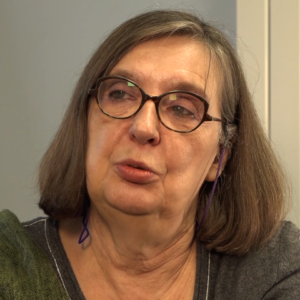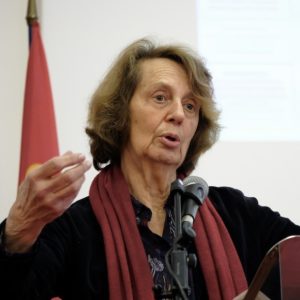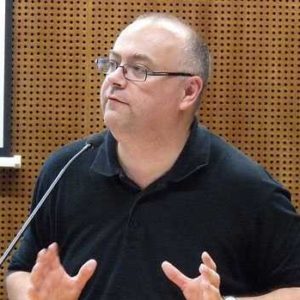About the conference
The ecological crisis repeatedly announced by the IPCC invites us to rethink why private property is legitimate. Resource exploitation based on the concentration in a few hands of private property rights has shown its problems. Since the capitalist mode of production is unable to generate the limitation mechanisms needed to contain the ecological crisis announced for nearly forty years, it is time to rethink the legitimacy of the institution of private property that constitutes its basis, or alternatively to consider other options in terms of property rights.
This question arises with even more importance as the classical representation of private property as an absolute right is based on the contrast between the common and the private that is also called into question by modern developments in the organization of productive activities, as exemplified by current debates on externalities. Any appropriated thing remains part of a wider environment on which it has an impact, so that it can affect features of that environment that are traditionally seen as common (right to clean air, to an healthy environment, to safe and clean water, etc.). This opposition between the private and the common therefore seems increasingly arbitrary and inappropriate to think the complexity and the multiplicity of relations between things involved in the production process. In this conference, we want to bring together political theorists, economists, and sociologists or lawyers to think about how the ecological crisis forces theory contemporary politics to rethink the question of private property.
Keynote speakers

Simon Caney

Catherine Colliot-Thélène

Catherine Larrère

